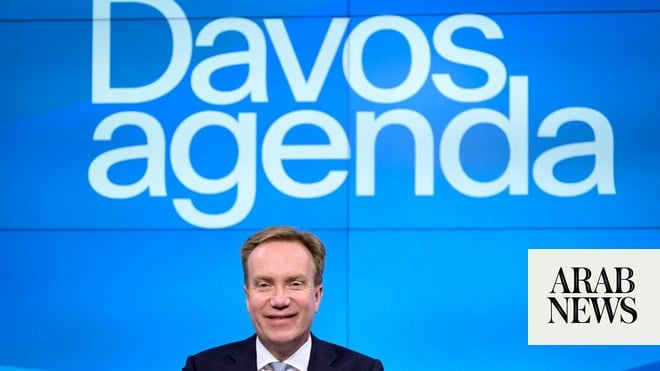
Summit was first leadership-level meeting between two regions
Migration, terrorism and Palestine were discussed
CAIRO: There is a new understanding between European leaders and their Middle Eastern counterparts following an historic summit, the Arab League spokesman said.
The two-day meeting took place in Sharm El-Sheikh, Egypt, and it was the first ever summit between the two regions.
European Council President Donald Tusk co-chaired it with Egyptian President Abdel Fattah Al-Sisi. Tusk represented the European Union (EU), along with European Commission President Jean-Claude Juncker.
Terrorism and migration were among the issues discussed, said League of Arab States (LAS) spokesman Mahmoud Afifi.
“This is the first summit between the two sides on a leadership scale. We look at it as the cornerstone for establishing a new institution of values between the Europeans and Arabs,” Afifi told Arab News. “We have been in contact with the Europeans for years in different forums at the ministerial level, senior official levels, but to take it to the highest level – the level of leadership.
“It was the frank discussions between people from both sides during the bilateral meetings, in addition to the high commitment and solidarity shown between Arab leaders while explaining the real situation in the region and defending Arab interests vis-a-vis the Europeans.”
The most significant summit outcome, he said, was not in the final communique although everyone was aware of it. “(It) is this new understanding for how things really work in the Arab region and Middle East. Because eight years ago, many European countries were in support of what happened there. It wasn’t an Arab Spring at all, but a destruction.”
He said that Europeans at the time thought it was nice, assuming that the countries would turn into Switzerland. The opposite proved to be true, he added.
“The EU understands and the most important thing for the two sides is to maintain the concept of a nation state. Because, without having stability inside a country, that would lead to a major catastrophe like what we have witnessed in the past years, which lead to terrorism and the massive flows of migration.”
Burden sharing was discussed at the summit, he said, although it attracted little media attention. It could be in the form of politics or humanitarian assistance. Europeans came from wealthy countries with ageing populations and complaining about illegal immigrants led to terrorism. “Now, however, they have a better understanding of the situation,” he added.
Afifi said that some Arab states told the Europeans they had to “open their doors” for a more orderly migration and that Arab countries were discriminated against. Arab delegates said Europe could benefit from young people, according to the LAS spokesman.
While the ideas were taken on board, he said, they needed to be implemented.
“The Arabs, from their side, have shown flexibility and good intentions. For example, in 2018, there were zero illegal immigrants (and) that shows that the Egyptian government is a responsible government.”
The summit also looked at foreign policy issues, including the crucial issue of Palestine.
“It’s no secret, that for a year and a half, the Palestinians, their authority and leadership have been facing major pressures from the current American administration and Israel of course.
“The EU as a group, supports the two-state solution and the rights of the Palestinian people to have their independence and space. We were looking to have this support explicitly at this time coming from the EU and, as the Arab side, we got that.”
Iran, another pressing area of concern for the Arab region, was not discussed directly at the summit. But Afifi said the Arab side was “very expressive” about the threat nearby, not only from Iran, but from other neighbors such as Turkey, and the way these countries had been acting in recent years.
“For Iran, it’s not only about Yemen, they’ve been sowing their seeds in Syria, Iraq and Lebanon. Turkey is the same but especially in northern Syria, because there is a presence of the Turkish roots over there. We have problems with those neighbors.”
News came while the summit was ongoing that the UK parliament is set to pass new rules classifying Hezbollah as a terrorist group.
Lebanese Prime Minister Saad Hariri was at the summit but did not comment on the matter.
“As a new prime minister of Lebanon, I think it was politically wise that he doesn’t come and openly speak about it, but I’m sure in one way or another it was talked about behind closed doors,” said Afifi.
The next EU-LAS summit is to take place in Brussels in 2022.











